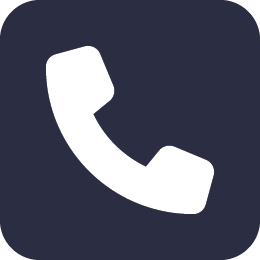Transoesophageal Echocardiogram (TOE)
A transoesophageal echocardiogram (TOE) is an ultrasound of your heart using a special probe that scans the heart from inside your gullet (oesophagus). The ultrasound images of your heart are taken through the oesophagus. This gives better quality pictures of the heart. TOE looks at the heart chamber sizes, pumping action, valve appearance and function and the blood flow through the heart. It is also the best way of looking for clots within the heart.
Before the TOE
TOE requires admission to hospital as a day patient. You will be required not to eat or drink anything for six (6) hours prior to the procedure. You may take your usual medications with a sip of water unless you are instructed to do otherwise. If you are taking diabetic medication, you must let the doctor know as you will be given special instructions.
An intravenous cannula will be inserted in your hand or arm. The Doctor will give you some medication to help you relax.
Advise the Doctor if you are having any swallowing problems, oesophagitis or oesophageal stricture.
During the TOE
You will be placed on a heart monitor. Your pulse, blood pressure and electrocardiogram (ECG) will be watched during the test. If the Cardiologist is worried about these, the test will be stopped.
You will be fitted with a mouthguard to stop you biting on the TOE probe. An Anaesthetist will be present to give intravenous relaxing medication (sedation). After you are relaxed the TOE probe is placed gently into your mouth and passed down your oesophagus to the area close to your heart.
When the probe is in the right place, pictures of your heart are taken. The probe will be in place for about 15 minutes.
Complications that can occur include:
- Trauma to the oesophagus (including perforation)
- Dental injury
- Reaction to anaesthetic
After the TOE
At the end of the test, the probe will be removed. You will be taken to the recovery area. Nursing staff will monitor your pulse, blood pressure and general condition.
Your throat will be a little sore after the test. You will not be able to eat or drink anything for two (2) hours after the test or until the numbness goes away.
You may feel sleepy after the test. Please make sure you have someone with you who can drive you home afterwards. You should not drive for 24 hours following the procedure.




 Referrals & Patient Enquiries:
Referrals & Patient Enquiries: 


